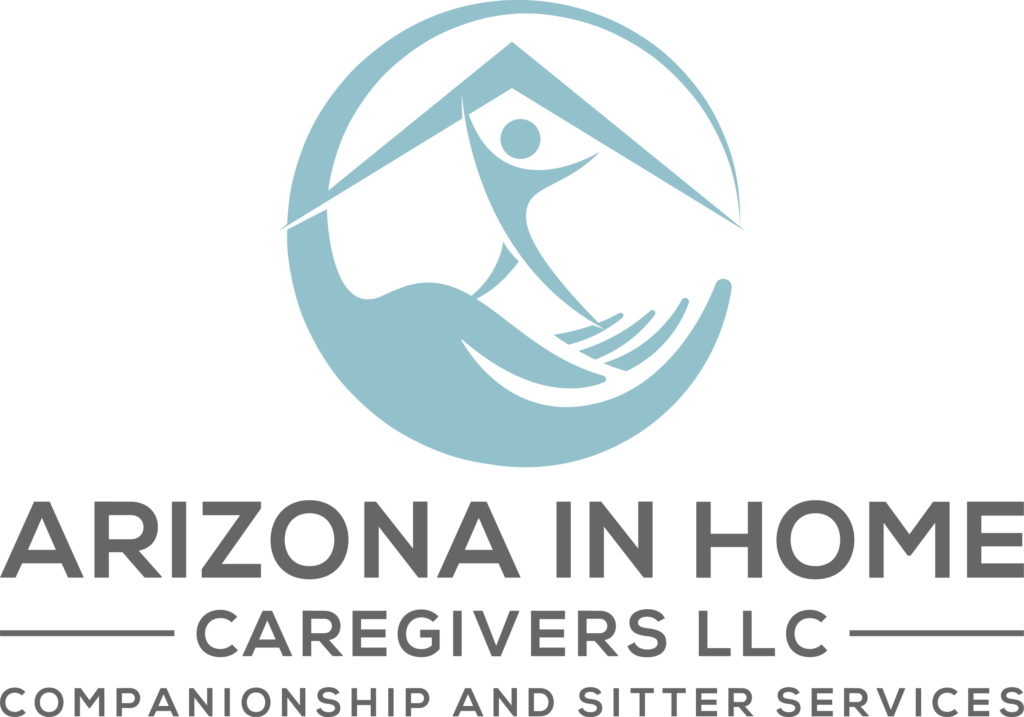non medical in home care services


As we age, it becomes increasingly difficult to perform daily living activities independently. Non-medical in-home care services provide assistance with these activities, allowing seniors to maintain their independence and quality of life. In this article, we will explore the benefits of non-medical in-home care services, the activities of daily living, and the importance of non-routine medical care
Non-medical in-home care services are a type of care that provides assistance with daily living activities to seniors or individuals with disabilities. These services are designed to help individuals maintain their independence and quality of life while remaining in the comfort of their own homes. Non-medical in-home care services are provided by non-medical caregivers who are trained to provide assistance with activities of daily living (ADLs) and instrumental activities of daily living (IADLs).
– Learn about non-medical in-home care services and how they can benefit seniors and individuals with disabilities.
– Understand the six main activities of daily living and how they impact an individual’s ability to live independently.
– Discover the importance of non-routine medical care and how it can improve an individual’s quality of life.
Non-Medical In-Home Care Services
Non-medical in-home care services are provided by non-medical caregivers who are trained to provide assistance with activities of daily living (ADLs) and instrumental activities of daily living (IADLs). These services are designed to help individuals maintain their independence and quality of life while remaining in the comfort of their own homes.
Non-medical in-home care services include assistance with:
– Bathing and personal hygiene
– Dressing and grooming
– Meal preparation and feeding
– Mobility and transferring
– Medication reminders
– Light housekeeping and laundry
– Transportation to appointments and errands
– Companionship and socialization
Non-medical in-home care services are an excellent option for seniors and individuals with disabilities who require assistance with daily living activities but do not require medical care.
Activities of Daily Living
The activities of daily living (ADLs) are a term used to describe fundamental skills required to independently care for oneself. These activities include eating, bathing, and mobility[1]. There are six main activities of daily living:
- Personal hygiene – bathing/showering, grooming, nail care, and oral care.
- Dressing – being able to make appropriate clothing decisions and physically dress and undress oneself.
- Eating – being able to feed oneself.
- Transferring – being able to move oneself from one position to another, such as from a bed to a chair.
- Continence – being able to control one’s bladder and bowel functions.
- Toileting – being able to use the toilet independently.
The inability to perform certain activities of daily living can help determine an individual’s eligibility for eldercare financial assistance programs. Non-medical in-home care services can provide assistance with these activities, allowing seniors to maintain their independence and quality of life.
Non-Routine Medical Care
Non-routine medical care is medical care that is not part of an individual’s regular medical care routine. This type of care can include physical therapy, occupational therapy, and speech therapy. Non-routine medical care is important for seniors and individuals with disabilities because it can improve their quality of life and help them maintain their independence.
An example of non-medical care related to long-term care is non-medical in-home care services. These services provide assistance with activities of daily living and instrumental activities of daily living, allowing seniors to maintain their independence and quality of life while remaining in the comfort of their own homes
Non-Routine Medical Care vs. Non-Medical Care: What’s the Difference?
The term “non-routine medical care” often raises eyebrows. After all, it sounds similar to non-medical care. However, these two are distinctly different. Non-routine medical care refers to health services that are not performed regularly or frequently. It could include complex medical procedures like surgery or less frequent procedures like an X-ray or MRI. Non-medical care, on the other hand, refers to services that support daily living without necessarily addressing specific medical conditions or needs.
Non-Medical Care: An Essential Piece in the Long-Term Care Puzzle
When you think about long-term care, what’s the first thing that comes to mind? A team of medical professionals in white lab coats? That’s not always the case. In the panorama of long-term care, non-medical services play a significant role. Take, for example, the job of a non-medical caregiver in a non-medical home care agency. This professional provides companionship, performs light housekeeping, assists with meal preparation, and provides transportation to appointments or social engagements. These tasks, albeit non-medical, are fundamental in ensuring a person’s well-being
Conclusion
Non-medical in-home care services are an excellent option for seniors and individuals with disabilities who require assistance with daily living activities but do not require medical care. These services provide assistance with activities of daily living and instrumental activities of daily living, allowing seniors to maintain their independence and quality of life while remaining in the comfort of their own homes. Non-routine medical care is also important for seniors and individuals with disabilities because it can improve their quality of life and help them maintain their independence. By understanding the benefits of non-medical in-home care services and the importance of non-routine medical care, individuals can make informed decisions about their care and quality of life
